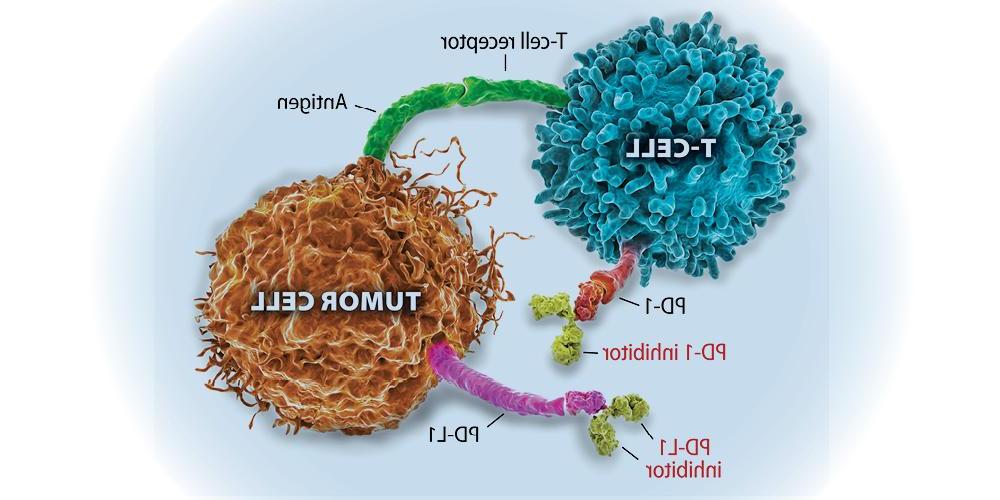Up Close: How immune checkpoint inhibitors revolutionize cancer treatment
You may have seen advertisements for Keytruda and OPDIVO. These are non-chemotherapy options for treating cancer called immune checkpoint inhibitors. These two, plus several other checkpoint inhibitors, show tremendous promise.
Over a period of six months, these patients received the medication every three weeks. The caregivers at Memorial Sloan Kettering Cancer Center anticipated they would need chemotherapy, radiation and surgery — but they all had a complete response. Merima Ramovic, DO, from the Upstate Cancer Center explains that means there is no evidence of cancer after treatment with the immune checkpoint therapy.
Immune checkpoint inhibitors are a class of medications engineered to enable the body’s immune system to recognize the cancer cells and kill them. Cancer cells can find ways to turn off the immune system, and these drugs can prevent this from happening. Ramovic notes that these medications are generally well-tolerated by patients, with relatively little impact on the quality of life in most cases. However, they cannot be used in patients with autoimmune conditions. Rarely, they can cause the immune system to go on a hyperdrive, causing autoimmune reactions as side effects.
Ramovic adds that this class of drugs has had utility in other cancers, including lung cancer and gynecological cancers. The National Comprehensive Cancer Network guidelines recommend checkpoint therapy use in several cancers.
THE ROLE OF IMMUNE CHECKPOINTS IN CANCER
The immune system relies on immune checkpoints to prevent an immune response from being so strong that it destroys healthy cells in the body. Proteins on the surface of immune cells, called T cells, seek to connect with partner proteins on other cells, including tumor cells (see illustration). When these proteins bind, they send an “off” signal to the T cells. This can prevent the immune system from destroying the cancer.
Immune checkpoint inhibitors are immunotherapy drugs that block checkpoint proteins from binding with their partner proteins, by blocking either the protein on the T cell or the tumor cell. This can prevent an “off” signal from being sent, allowing the T cells to kill cancer cells.
Source: National Cancer Institute
This article appears in the summer 2023 issue of Cancer Care magazine.





